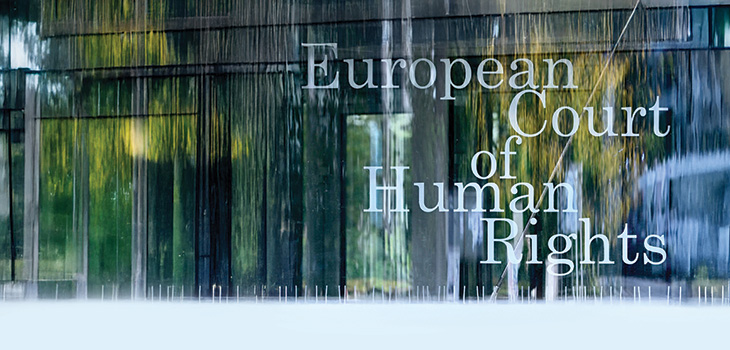
Zellick argues the decision undermines Article 9 of the European Convention on Human Rights, which protects religious practice and observance. The court controversially reinterpreted ‘public morals’ to include animal welfare, allowing the ban despite its impact on Muslim and Jewish communities. Zellick warns this sets a dangerous precedent, diluting the ‘necessity’ test and failing to protect minority rights.
He also criticises the court’s refusal to refer the case to the Grand Chamber, calling it a missed opportunity to address a matter of profound religious and legal significance. The judgment, he argues, reflects judicial underreach and a troubling departure from the Convention’s core purpose: safeguarding fundamental freedoms from majoritarian interference.










